As a result of the global pandemic currently ongoing, we rely on technology more than ever to do our work and interact with friends and family. Social distancing practices have led to the increased time spent in our homes and therefore more time spent on the internet.
Securing yourself and maintaining good habits as you go about your business on the internet is important. Here is a list that can serve as a Personal Cyber Security Checklist for best practices and technologies that can aid you to have a sound sleep at night that none of your data has been compromised.
- Password Managers
- MFA
- Antivirus
- VPN
- Keeping PII Private
- Keep software updated
- Configuring DNS
Password Managers Technology
Creating passwords that are complex enough and easy to remember can sometimes be difficult, leading to the poor habit of reusing a password that you remember easily on multiple sites. The drawback of this is that if anyone gets your password, they will have access to multiple of your accounts.
This situation is common when a site is compromised, and you had reused your password on that site. Using a password manager to manage passwords for different sites greatly reduces this risk because if a company gets breached, you’ll only need to change the password for only that site.
Basic Features that a password manager may offer:
- Generating random passwords that are long and contain numbers, symbols, uppercase and lowercase making them complex enough.
- A vault to store your passwords that is accessible by a master password.
- Synchronization across multiple devices and platforms.
Multi-Factor Authentication (MFA)
Multi-factor authentication provides an additional layer of security on your accounts by needing a second value to authenticate you when logging in to your account. Enabling this feature on your social media accounts and email accounts reduces the chances of compromise as an attacker would need to have access to the second feature used for authentication such as your mobile phone or hardware security keys.
In a situation where your password has been compromised chances of losing your account are largely minimized.
Antivirus
Installing antivirus software on your devices helps you combat any malware you may encounter online. Antivirus software these days are able to detect malicious links and block them even before you load the page.
Windows operating system ships with Windows Defender that is a very good inbuilt and free antivirus. For other devices like your phone, you may have to download an app.
The biggest advantage of installing an antivirus is reducing the chances of infections by known ransomware which can cause a lot of damage by encrypting your important files.
Virtual Private Networks
A virtual private network allows for connection to other computers over a public network as if the network was private and hence providing some level of anonymity and privacy.
When using public networks such a free public Wi-Fi, it is recommended to use a VPN connection when browsing your favourite sites. This is because you don’t know who else is on the network with you and if they may be doing some malicious activities such as sniffing traffic or performing man in the middle attacks.
Keeping PII Private
Personal Identifiable Information is information that is unique to an individual and can help identify them such as an ID number.
Sharing stuff about ourselves on social media is a common thing these days. However, oversharing information can have some negative effects. Some of the information you share in the cyber space can assist attackers to create a profile on you which can be sufficient to phish or social engineer their way into compromising your accounts.
If a site uses a list of security questions to identify you when resetting your password, those answers can be easy for an attacker to fill out if it’s information you have shared on your social media such as mother’s name.
It is advisable to keep the most identifiable information private on social media accounts or only to be shared with close friends.
Keep Software Updated
One of the easiest ways to keep yourself safe is just installing software updates. Software updates mitigate a lot of vulnerabilities that attackers may exploit to compromise your systems.
Most software vendors roll out software updates on a regular basis, for example, Microsoft releases updates every month.
Configuring DNS
I kept this one for last as it is for more technically savvy people. Setting up a custom DNS provider for your devices can really help with avoiding malicious traffic.
The most common DNS provider is Google’s DNS 8.8.8.8 but Cloudflare provides a better DNS service for families that don’t serve malware from known malicious domains.
You can configure this on your home router to point DNS to 1.1.1.2 or 1.1.1.3.

